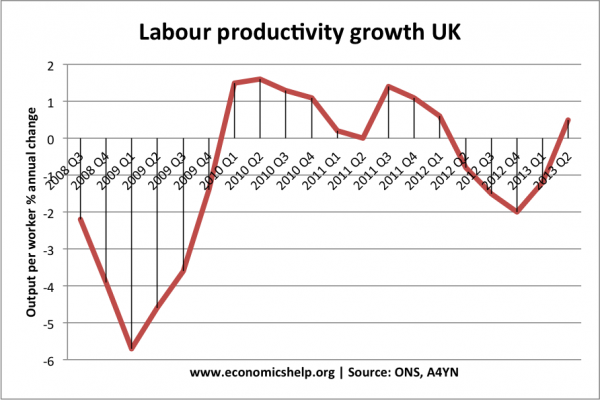The government emphasises the importance of a “balanced recovery”. On the evidence of manufacturing output, it’s having limited success. Does that matter if the economy is growing anyway? It does, and it’s worth spelling out why.
In 1978, 25 per cent of the British workforce was employed in manufacturing. The figure today is 8 per cent. Labour’s attack on “deindustrialisation” under the Thatcher government had a discernible premise that manufacturing jobs were somehow more real than those in services.
In reality, much of the collapse in manufacturing in the 1980s was attributable to the withdrawal of life-support from industries that were inefficient. Conversely, in the bull market of the late 1990s, enthusiasts for new technologies proclaimed an end to the business cycle.
Manufacturing, they argued, had given way to the service economy, which in turn was being superseded by the knowledge economy. This was all overblown. First, modern manufacturing requires design, marketing and IT and services often require specialised equipment.
Second, the balance of growth isn’t a zero-sum game. It doesn’t damage manufacturing if services expand at a faster rate. And at least manufacturing has been recovering at a respectable pace, with growth of 3.5 per cent last year.
The reason why a balanced recovery is important now is not sector snobbery — making things is not inherently better than providing services. It’s that manufacturing contributes disproportionately to productivity and exports, which are problem areas for Britain.
Productivity growth has lagged other advanced industrial economies since the recession of 2009 (up 1.9 per cent in the four years to 2013, compared with 4.6 per cent for the rest of the G7) and the current account deficit stands at well over 5 per cent of GDP. A balanced recovery would help to remedy these weaknesses. Figures from UK Trade and Investment show that exports of goods from manufacturers amounted to £263 billion in 2013, slightly more than half the total of foreign sales.
A manufacturing-led recovery would benefit Britain beyond London and the southeast. The region that contributed most to UK manufacturing turnover in 2012 (latest figures), at 14.1 per cent, was the northwest. Yet Britain has few really big “makers”. That’s a weakness, because big manufacturers provide opportunities for smaller ones.
There’s no short-term route to a balanced recovery, but we could avoid self-imposed obstacles. Lacking big manufacturers, we should welcome investment by foreign companies. Having a productivity problem, we should want an expansion of high value-added manufacturing sectors, such as pharmaceuticals and biotech.
For both those aims, government should seek to create an available labour force that has science, technology, engineering and maths skills. Unfortunately, politicians are otherwise occupied. You’d think that the government would want to go overboard in reassuring overseas investors that they’ll have continued access to the European single market of 500 million consumers and that non-EU immigrants (who are mainly skilled workers or students) won’t be penalised by arbitrary controls. Well, think again.
Oliver Kamm is a Times leader writer and columnist. Twitter:@OliverKamm



 The march of the makers, heralded by George Osborne in his 2011 budget, looks more like the ambulation of the languid. A quarterly survey by EEF shows only 5 per cent of manufacturers reporting expanding output. Although the monthly manufacturing purchasing managers’ index has ticked up, it confirms that recovery in the sector is lagging the recovery in services.
The march of the makers, heralded by George Osborne in his 2011 budget, looks more like the ambulation of the languid. A quarterly survey by EEF shows only 5 per cent of manufacturers reporting expanding output. Although the monthly manufacturing purchasing managers’ index has ticked up, it confirms that recovery in the sector is lagging the recovery in services.